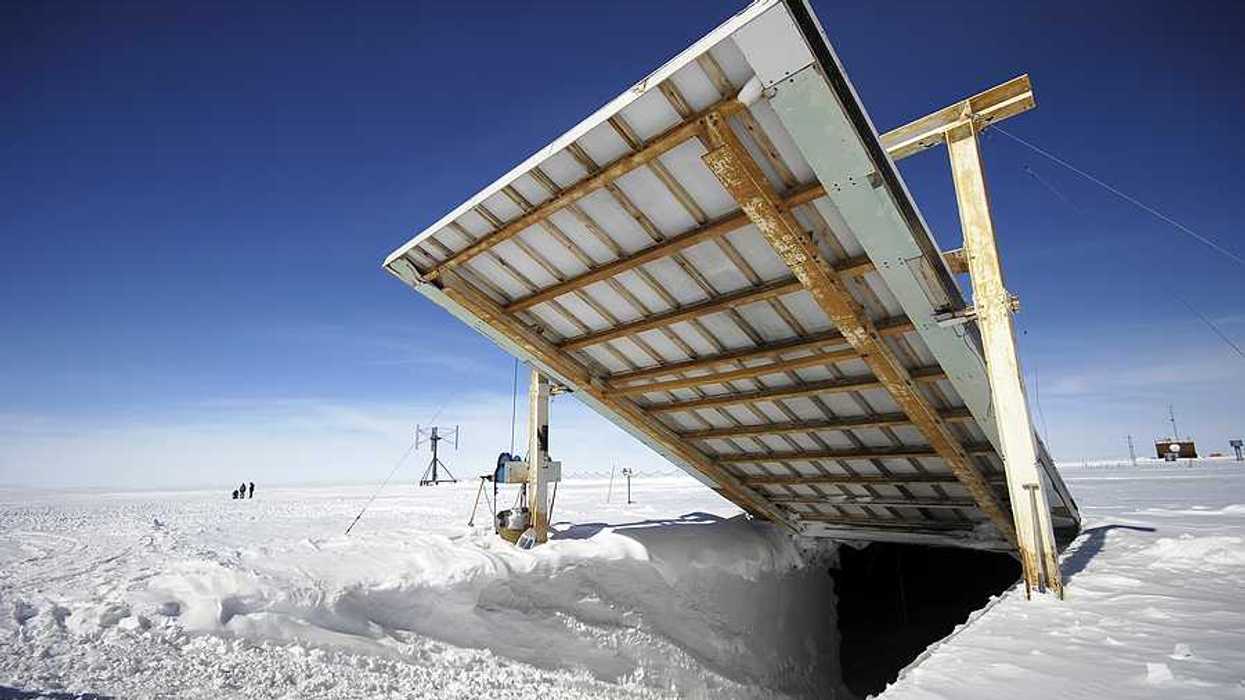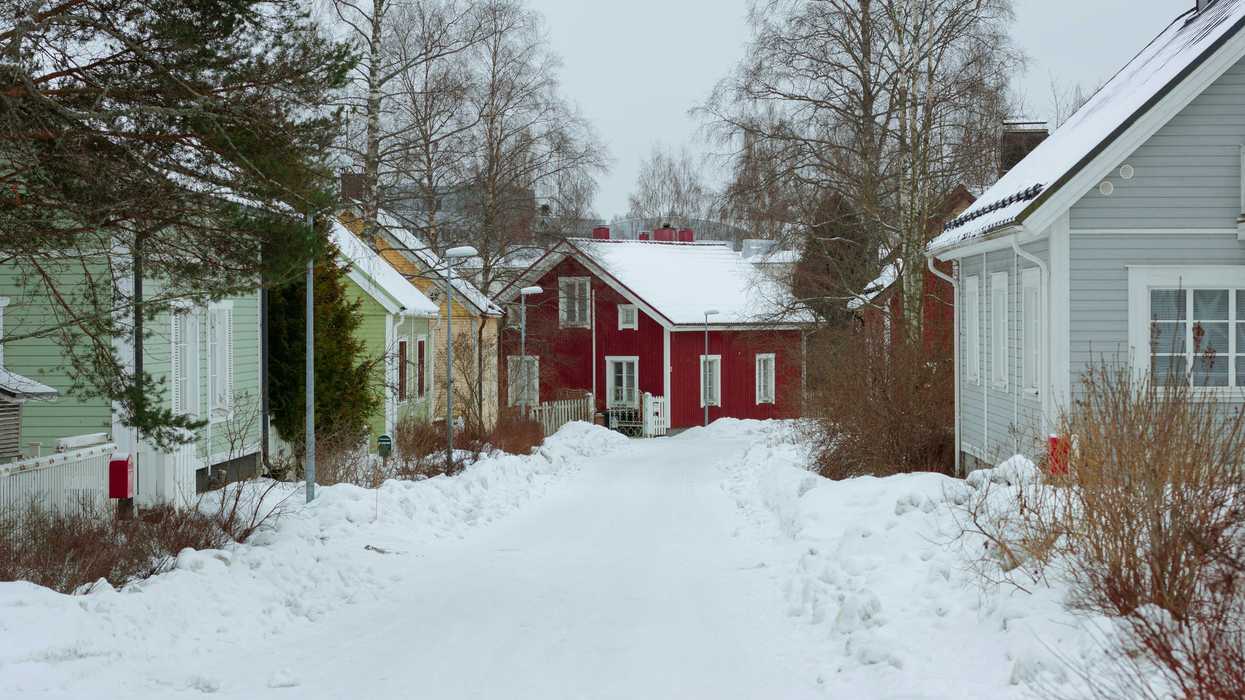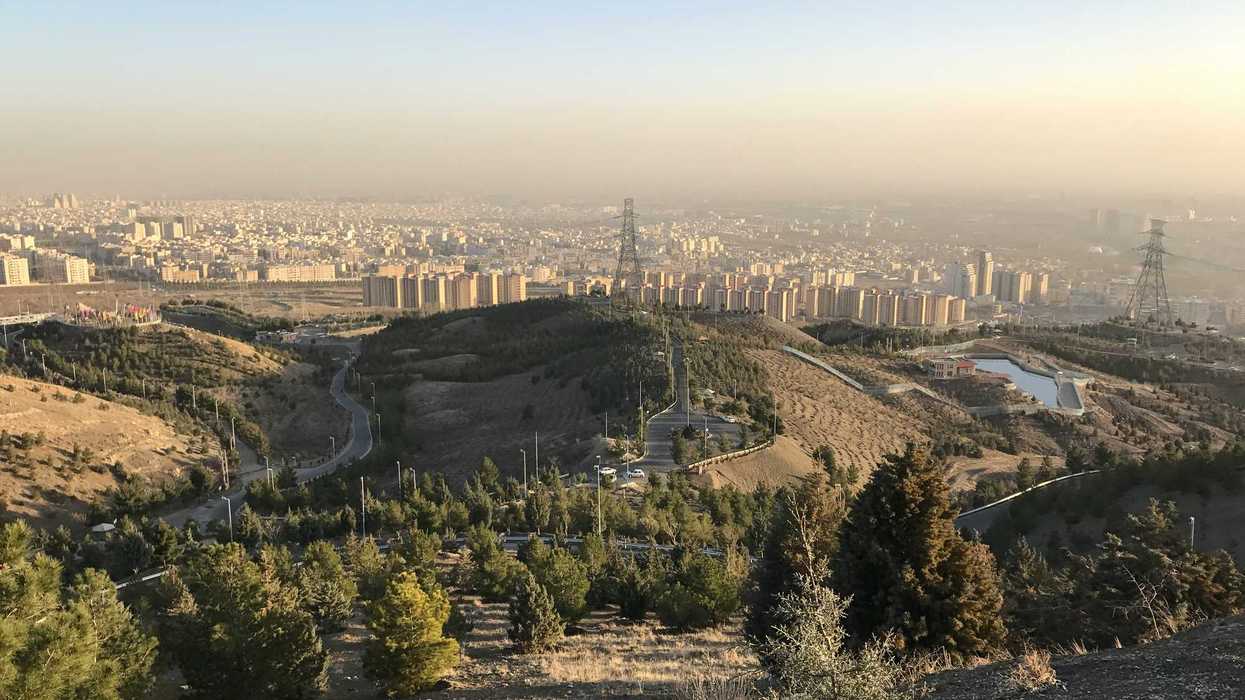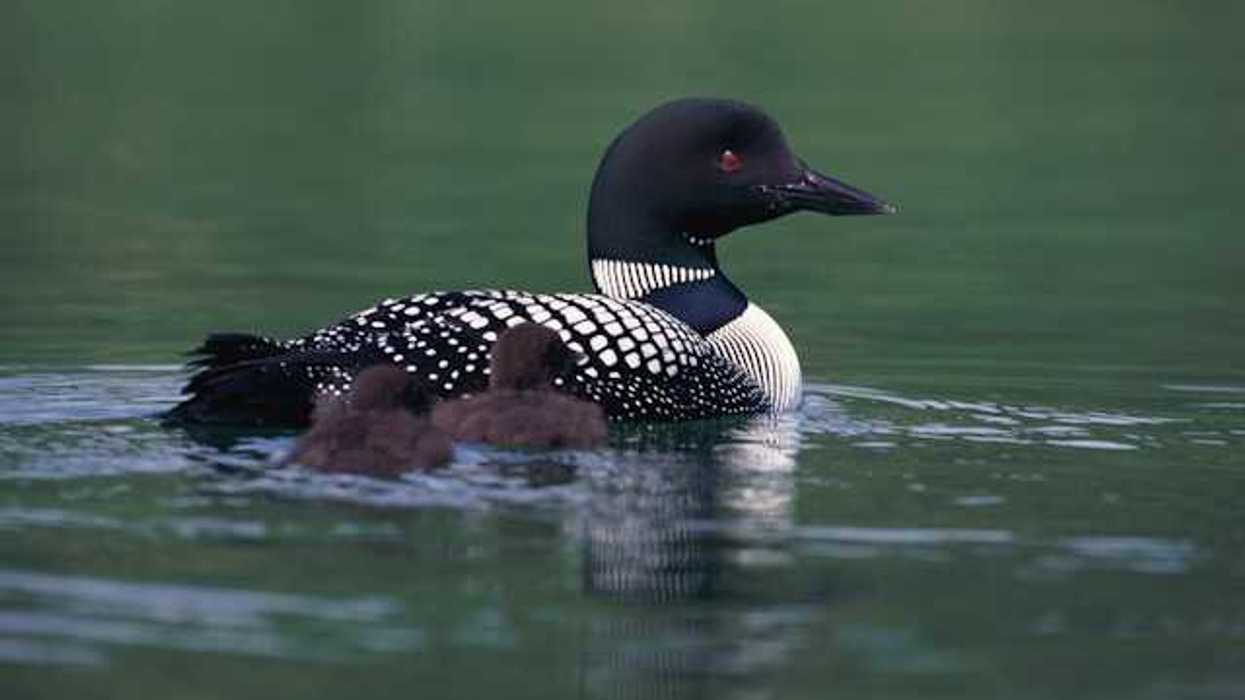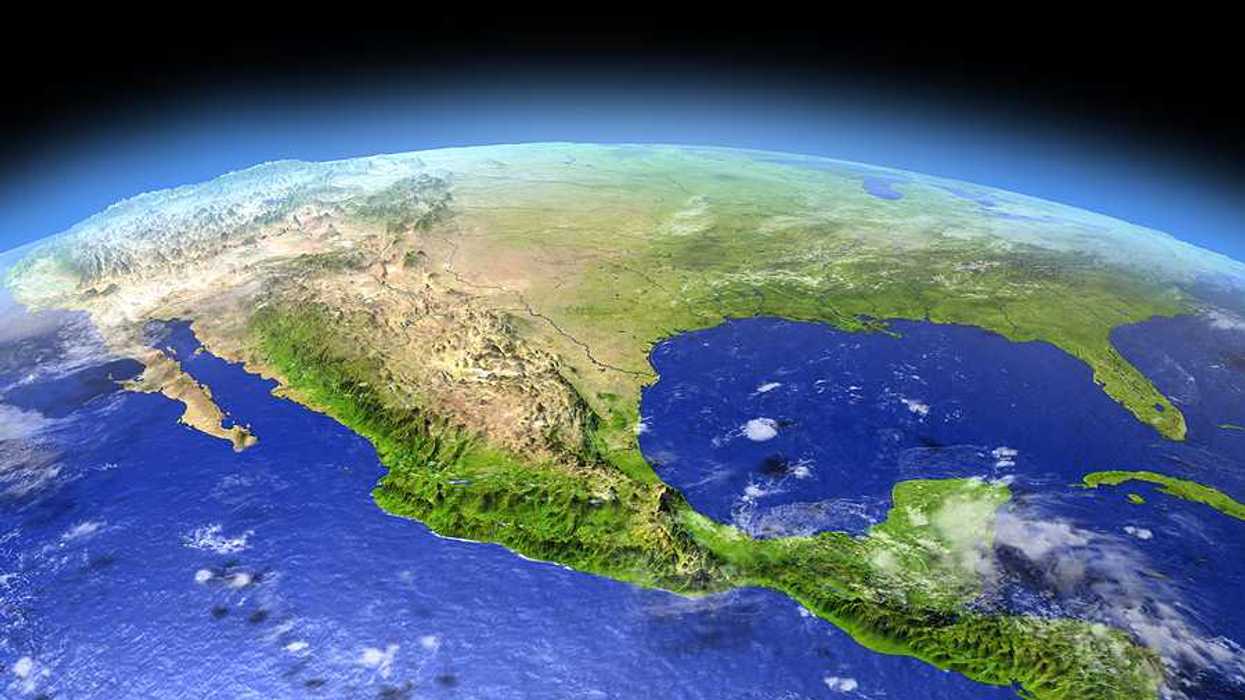In a recent move, Wisconsin's Governor Tony Evers has made another plea to Republican lawmakers, urging them to unlock $125 million dedicated to tackling the pervasive issue of pollution from so-called forever chemicals.
Todd Richmond reports for Associated Press.
In short:
- Governor Evers is ready to veto a Republican bill that proposes grants to combat pollution from forever chemicals, instead asking for the direct release of $125 million set aside for environmental regulators.
- Despite the creation of a trust fund to address PFAS pollution, Republican legislators have yet to release any funds, leaving communities across Wisconsin grappling with contaminated groundwater.
- The governor's request aims to bypass legislative gridlock and ensure the funds are used effectively to mitigate the environmental and health impacts of PFAS contamination.
Key quote:
"Wisconsinites should not have to wait any longer than they already have. Partisan politics should not stand in the way of addressing PFAS contamination in communities across our state."
— Governor Tony Evers
Why this matters:
PFAS do not break down in the environment or the human body, leading to widespread contamination of water supplies, soil, and ecosystems. Studies have linked PFAS exposure to a host of health problems, including cancer, liver damage, decreased fertility, and increased risk of asthma and thyroid disease.
Last year, Minnesota passed a bill that will ban all nonessential uses of PFAS, a class of harmful chemicals that accumulate in people and the environment.




